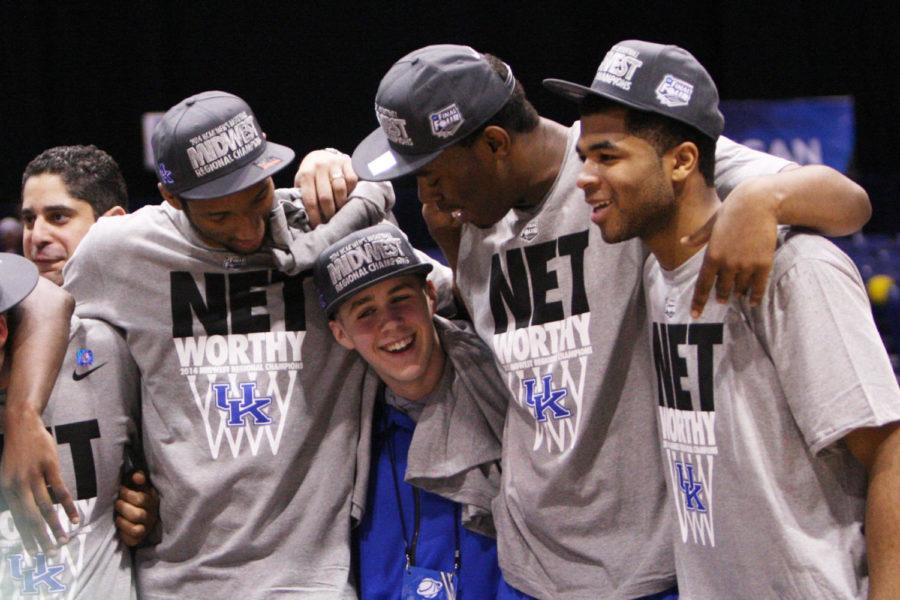Nepotism common among universities
March 30, 2016
UK men’s basketball head coach John Calipari said that with his son Brad Calipari coming to play, he is more likely to stick around at UK.
This is a clear case of nepotism — favoritism given to a relative. Ethical or not, nepotism is common in higher education.
Nepotism controversies within universities have made headlines throughout the country, but in higher education, some level of nepotism should be expected, and even accepted.
UK’s nepotism policy is similar to that of many other universities. The goal is to prevent nepotism — especially among the board of trustees and the president — and to make sure relatives do not supervise each other.
Brad Calipari’s situation is a common exception made by athletics departments throughout the country.
Associate professor of education at Penn State Neal H. Hutchens said universities, athletics departments included, have to balance the perception or reality of nepotism in their institution with the need for top-of-the-line employees.
Regarding John Calipari, if one case of nepotism means keeping the distinguished coach around for another five years, it is probably worth it.
“Coaches spend so much time working with their college athletes; maybe to be able to do that with their son or daughter, that could be very special,” Hutchens said.
The same goes for faculty. Higher education is competitive, and it is not uncommon for faculty members to be married to other faculty members. If UK wants to hire the best, they may also have to hire their spouse.
But Catie Lasley, executive director of Human Resources at UK, said that spouses go through the same hiring process as any other employee.
“We don’t want to have the impression out there that people are getting jobs by merit of their relationship,” Lasley said.
When someone is hired to a university, they often move with their entire family. At UK, if a spouse is not hired by the university, UK may help them find a job elsewhere in Lexington.
Hutchens, a former faculty member at UK, said universities need to be careful about hiring spouses, or “dual-hiring.”
If faculty members or administrators see that nepotism is occurring on campus, and that spouses are being hired even though they are not qualified, they may start to distrust the institution for which they work.
While UK’s policy seeks to make sure UK is an “equal opportunity” hiring institution, meaning a spouse is no more likely to get a job than anyone else, other universities have not been as successful.
These instances illustrate the importance of a thorough and well-enforced nepotism policy.
Email opinions@kykernel.com
































































































































































